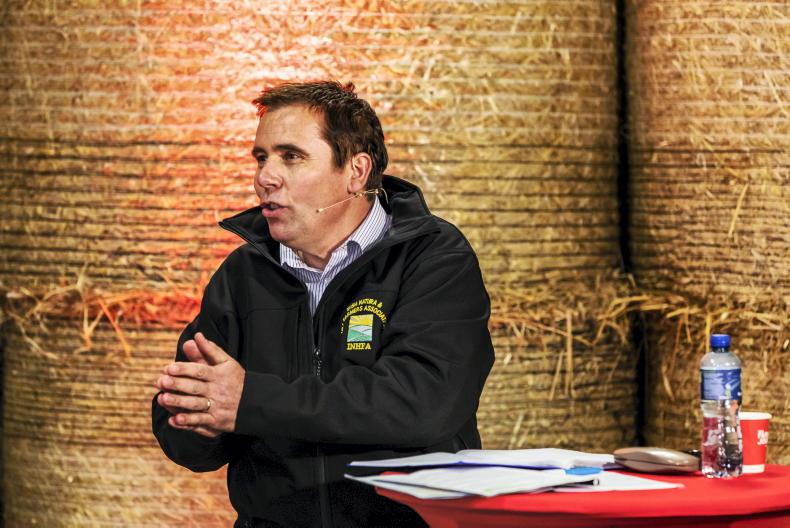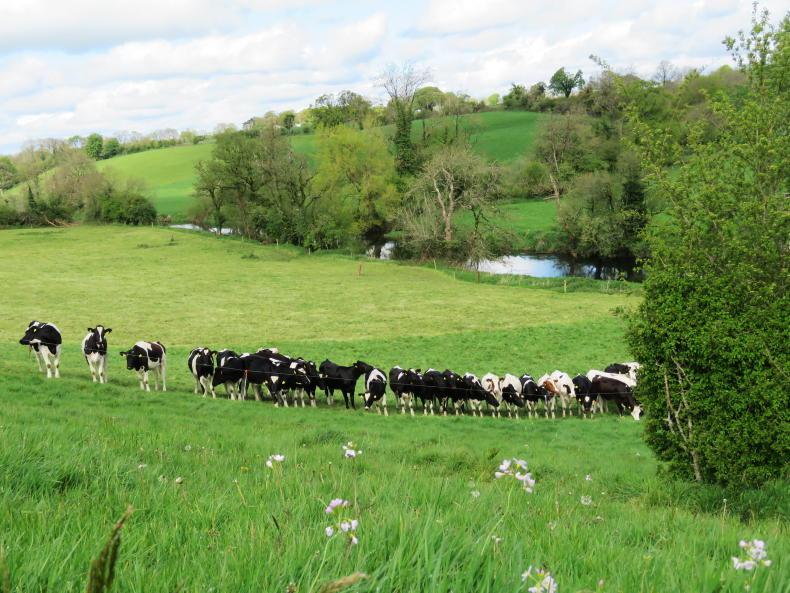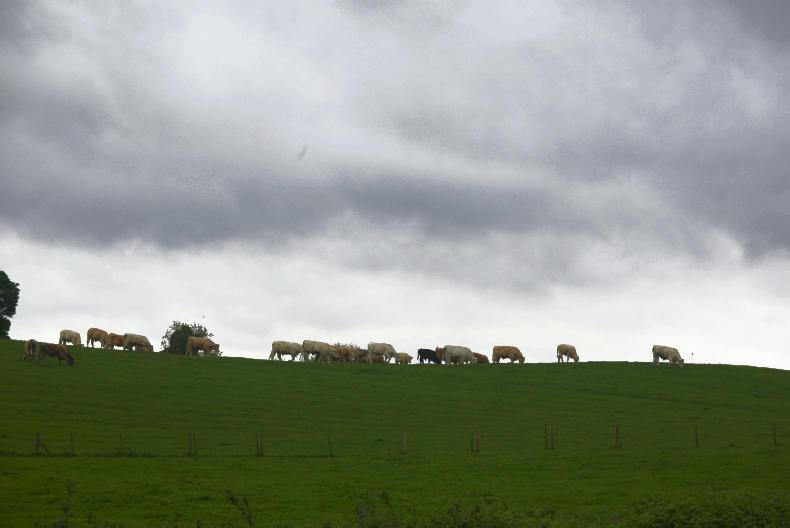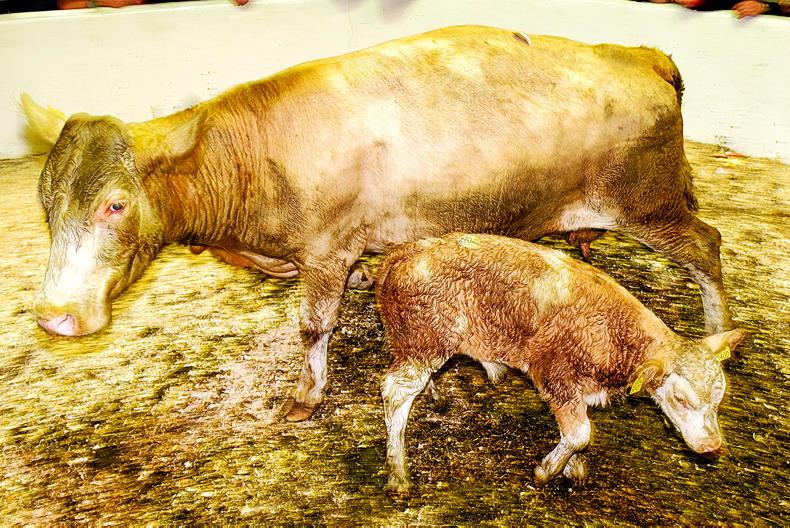Suckler farmers are eligible for a €95/cow payment, the Irish Farmers Journal can exclusively reveal.
The payment is part of the new Beef Data and Genomics Programme (BDGP), which will see farmers paid €95/cow on the first 10 calved cows in the herd and €80/cow on all other calved cows.
Responding to a question from the Irish Farmers Journal, Minister for Agriculture Simon Coveney confirmed that the scheme will be officially launched next week.
He said, “This scheme shows how serious we are about dealing with the challenges that face the beef sector in a strategic and meaningful way. We are committing up to €52m a year to dramatically accelerate genetic gain in the Irish suckler herd and build a beef breeding infrastructure for Ireland which will be the envy of the world.”
In order to receive the payment, suckler farmers must comply with seven criteria. These include recording calving details, genotyping, completing an annual survey and breeding high genetic merit animals. Farmers will be required to sign up for a six-year contract which will run from 2015 to 2020.
If a farmer breaches any of the terms and conditions over the course of the six-year programme, they will be open to clawbacks on monies paid to them. The Irish Farmers Journal understands that 2014 will act as a reference year. This means farmers will be required to maintain minimum stock levels based on the number of cows and heifers they have in 2014.
The scheme will target a number of priority participants including new entrants, those who engaged in the pilot beef genomic programme in 2014 and those with smaller herds
IFA President Eddie Downey welcomed the scheme, saying the IFA lobbied hard to secure the annual funding of €52m. He said Minister Coveney must ensure the payments are made to suckler farmers by the end of the year. Encouraging all suckler farmers to apply, Eddie Downey said this will be a vital income support and help to maintain our national suckler cow herd.
The IFA president said the Minister must ensure the scheme is practical and that farmers do not incur unnecessary additional cost.










SHARING OPTIONS